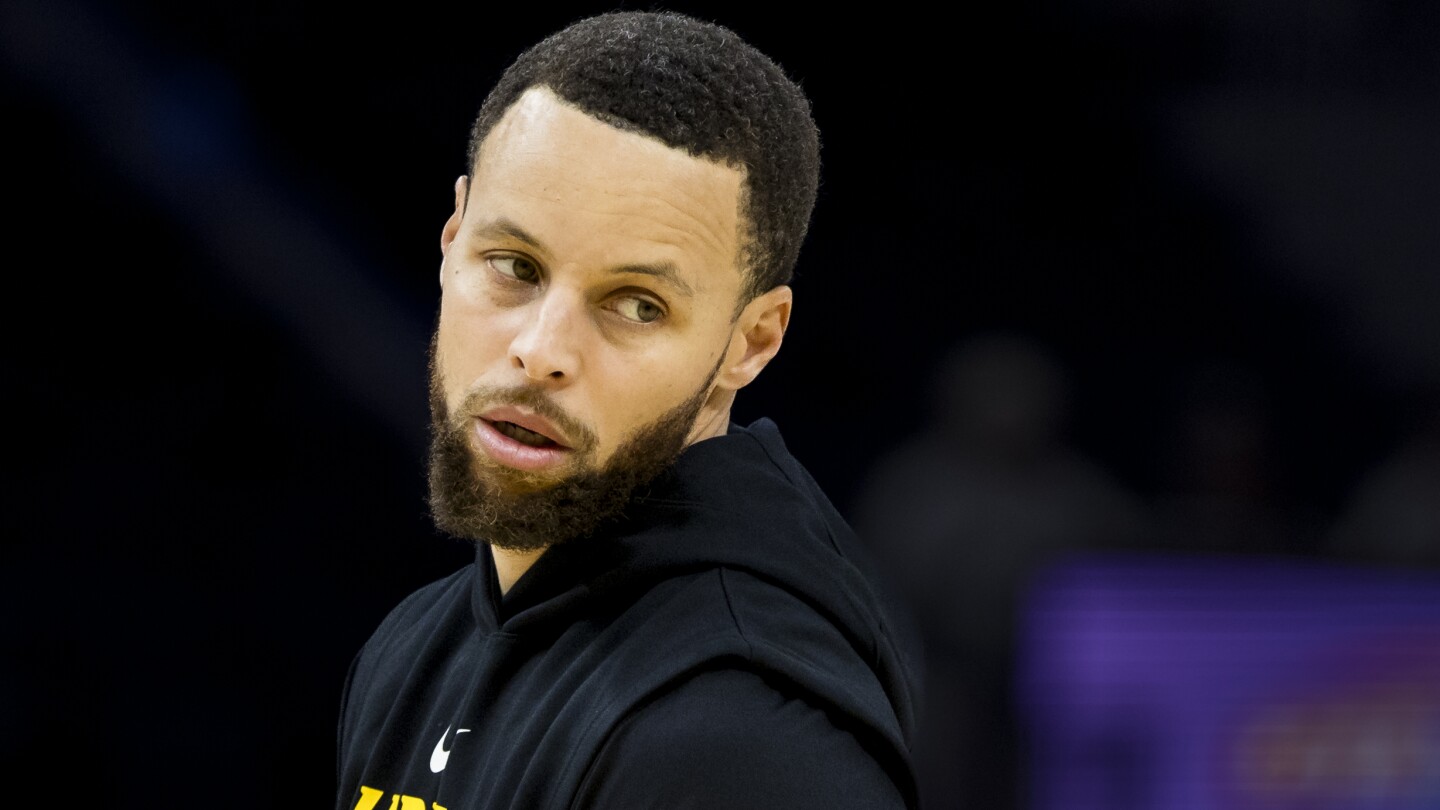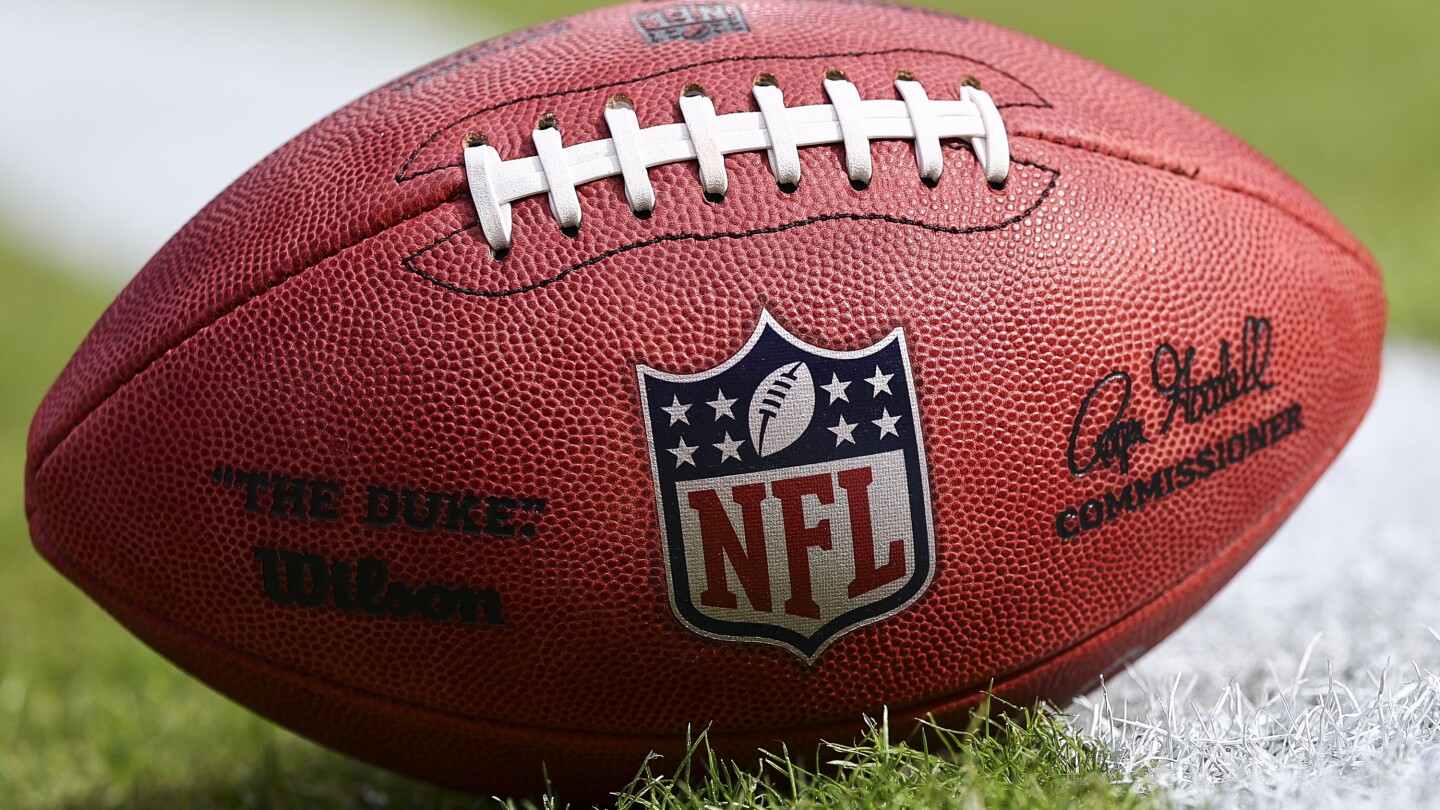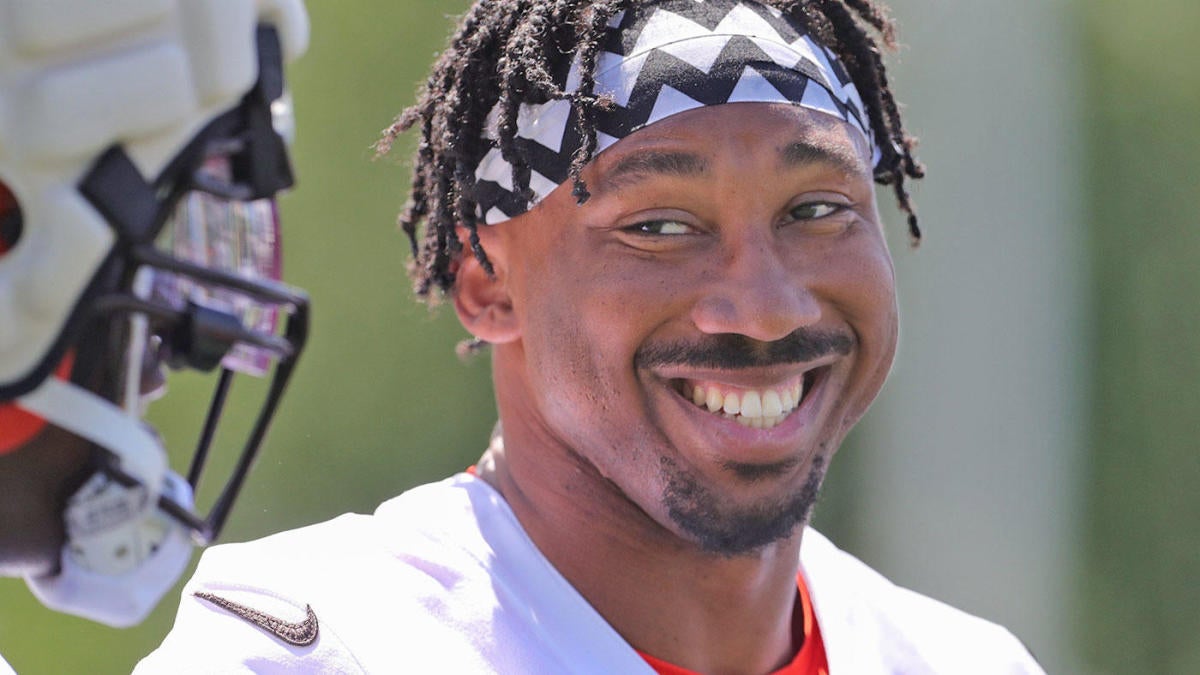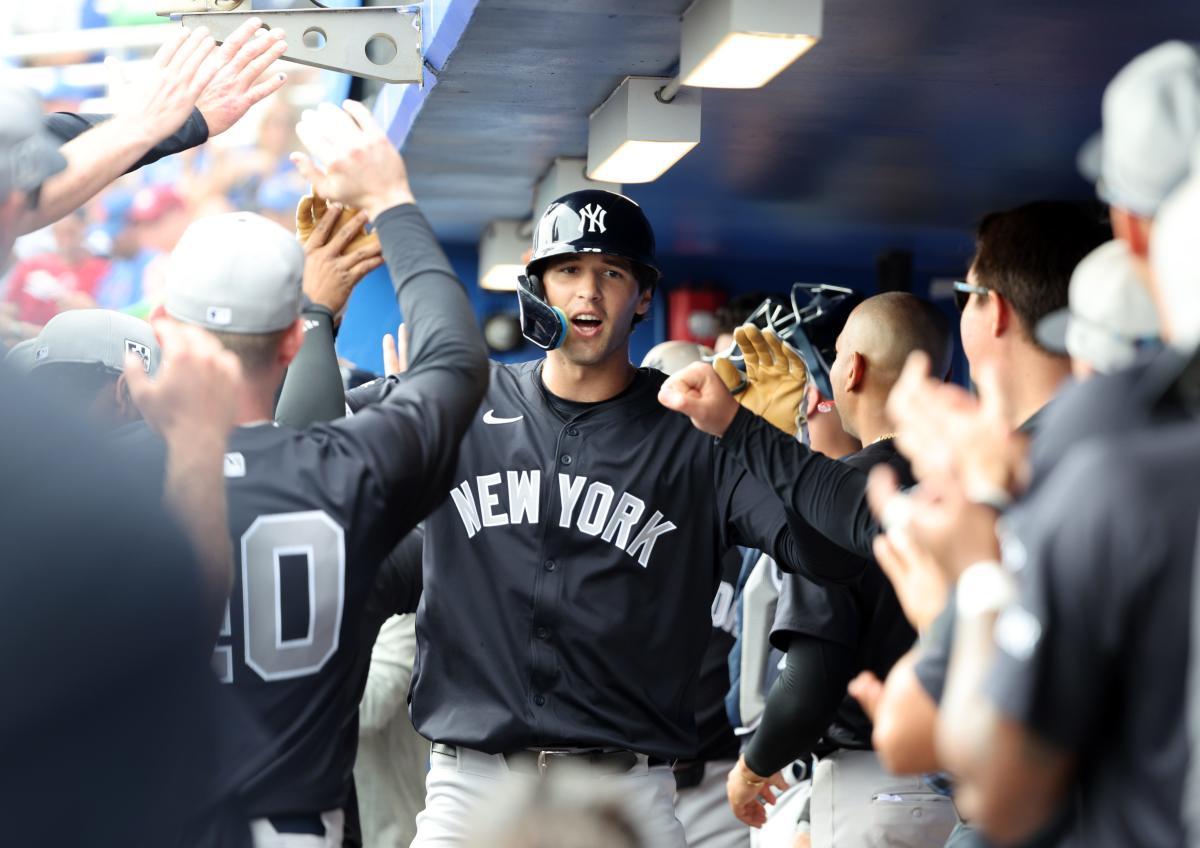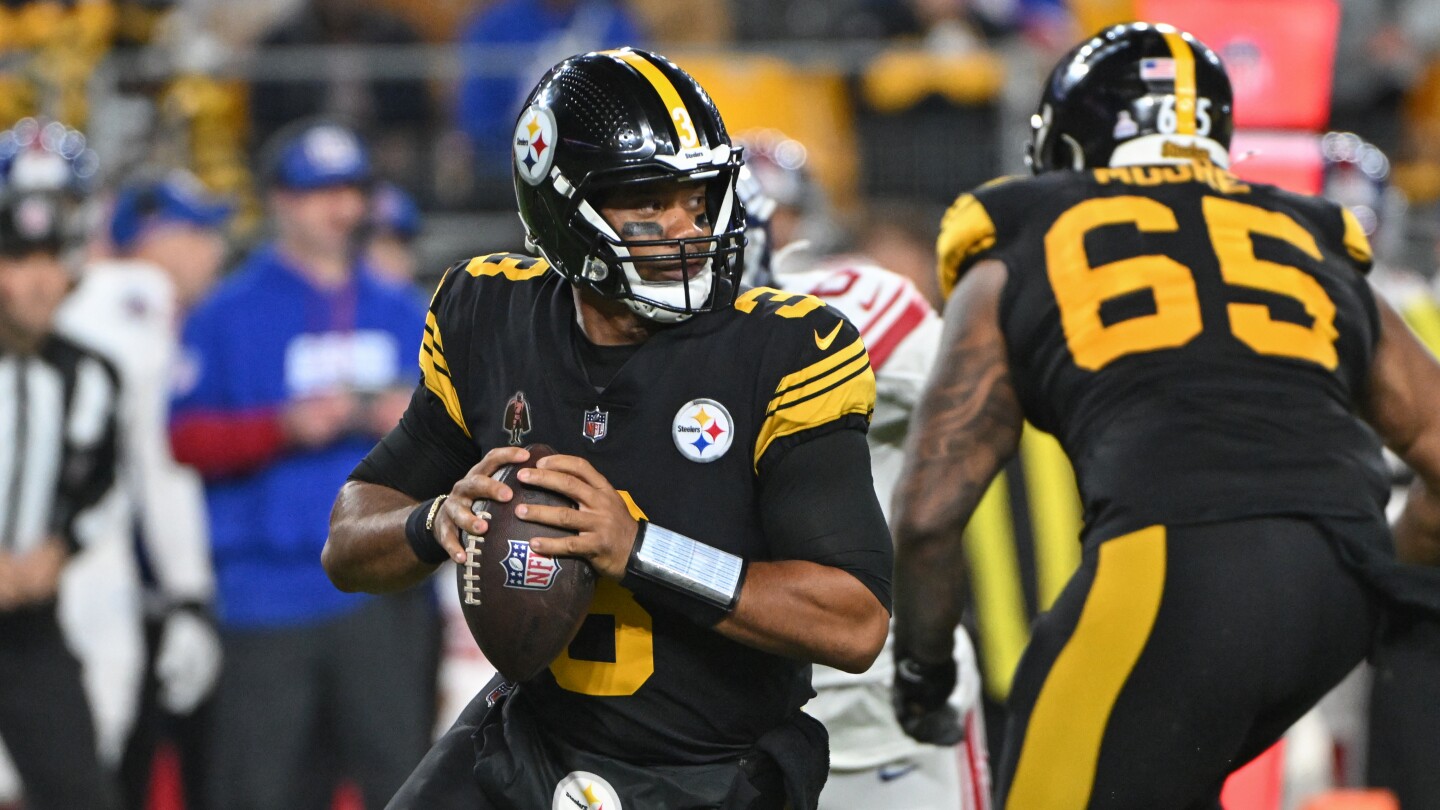Breaking Barriers: How Race Reshaped the Playing Field of Sports History
Sports
2025-04-20 16:36:00Content

Boston: A City Where Sports and Social Justice Intersect
The vibrant city of Boston has long been a complex landscape where athletic achievement and racial dynamics have dramatically collided. From the hallowed grounds of Fenway Park to the basketball courts of urban neighborhoods, sports have served as both a battleground and a bridge for racial understanding.
In the mid-20th century, Boston's sports teams and venues became powerful symbols of racial tension and resistance. The Boston Red Sox, notably late to integrate compared to other Major League Baseball teams, represented a microcosm of the city's broader racial challenges. The team's reluctance to sign Black players until 1959 reflected deeper systemic inequalities that permeated Boston's social fabric.
Basketball courts and community centers became unexpected arenas of racial dialogue and transformation. Neighborhoods like Roxbury and Dorchester saw sports as a means of empowerment, where young athletes could challenge stereotypes and create pathways of opportunity. Local heroes emerged who transcended athletic performance, becoming symbols of resilience and social change.
The integration of Boston's sports teams mirrored the broader civil rights movements, with athletes often serving as crucial agents of social transformation. Their struggles and triumphs on and off the field highlighted the ongoing journey toward racial equity and mutual understanding.
Today, Boston continues to grapple with its complex racial history, with sports remaining a powerful platform for dialogue, representation, and hope. Athletes and communities continue to use athletic spaces as sites of meaningful social discourse and progressive change.
Breaking Barriers: The Untold Story of Athletic Resilience in Boston's Racial Landscape
In the heart of Boston, a city steeped in complex racial history, sports have emerged as a powerful catalyst for social transformation, challenging deeply ingrained prejudices and creating unexpected pathways for dialogue, understanding, and collective progress.Where Athletic Passion Meets Social Justice: A Compelling Journey of Resistance and Hope
The Historical Crucible of Boston's Sporting Identity
Boston's sporting landscape has long been a microcosm of broader societal tensions, reflecting the intricate dynamics of race, power, and social change. From the hallowed grounds of Fenway Park to the basketball courts of urban neighborhoods, athletes have consistently challenged systemic barriers, transforming athletic arenas into platforms for meaningful social discourse. The city's sporting history is punctuated by moments of profound racial confrontation and remarkable resilience. Baseball, basketball, and other sports became unexpected battlegrounds where individual athletes and entire communities fought against discriminatory practices, gradually dismantling racist structures through extraordinary performances and unwavering determination.Pioneering Athletes as Social Architects
Remarkable individuals emerged as transformative figures, using their athletic prowess as a mechanism for broader social change. These athletes were not merely competitors but strategic architects of social progress, leveraging their visibility to challenge prevailing narratives and inspire systemic transformation. Their journeys were characterized by extraordinary courage, requiring them to navigate complex racial dynamics while maintaining exceptional athletic performance. Each victory on the field represented a symbolic triumph against institutionalized racism, demonstrating that athletic excellence could transcend deeply entrenched social boundaries.Institutional Resistance and Community Empowerment
Boston's sporting institutions underwent significant metamorphosis, gradually recognizing the imperative of inclusivity and representation. This transformation was not a smooth trajectory but a complex negotiation involving persistent community pressure, courageous individual actions, and evolving societal consciousness. Community organizations played a crucial role in supporting athletes, creating support networks that extended beyond athletic performance. These networks provided critical resources, legal support, and platforms for athletes to articulate their experiences, thereby amplifying their impact beyond individual sporting achievements.Contemporary Dynamics of Athletic Representation
Modern Boston continues to grapple with the legacy of racial tensions while simultaneously celebrating the progress achieved through athletic resistance. Contemporary athletes build upon historical foundations, using sophisticated media platforms and social networks to challenge existing narratives and promote meaningful dialogue. The intersection of athletics and social justice has become increasingly nuanced, with athletes employing multifaceted strategies to address systemic inequalities. Their approaches blend athletic excellence with strategic communication, leveraging their platforms to drive substantive societal conversations about race, opportunity, and collective progress.Cultural Transformation Through Athletic Narratives
Athletic stories have emerged as powerful mechanisms for cultural understanding, bridging divides and challenging preconceived notions. These narratives transcend mere sporting achievements, offering profound insights into human resilience, community solidarity, and the ongoing struggle for genuine social equity. By documenting and celebrating these stories, Boston continues to reimagine its collective identity, recognizing sports as a dynamic arena for social transformation. Each athletic achievement becomes a testament to human potential, challenging restrictive narratives and expanding collective imagination about what is possible.RELATED NEWS
Sports
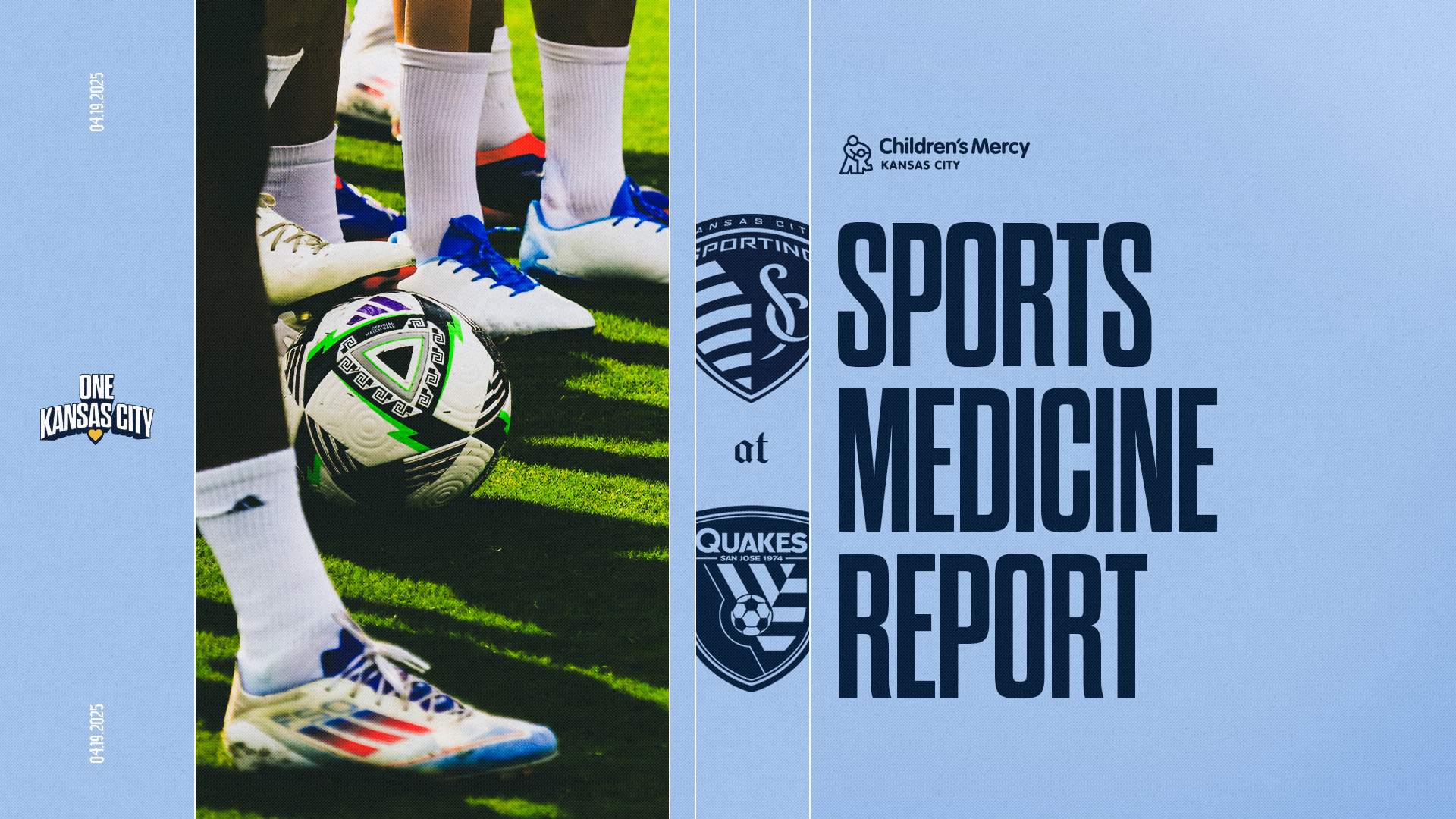
Injury Setback: Sporting KC's Lineup Shifts Ahead of Crucial San Jose Showdown
2025-04-18 23:33:55
Sports
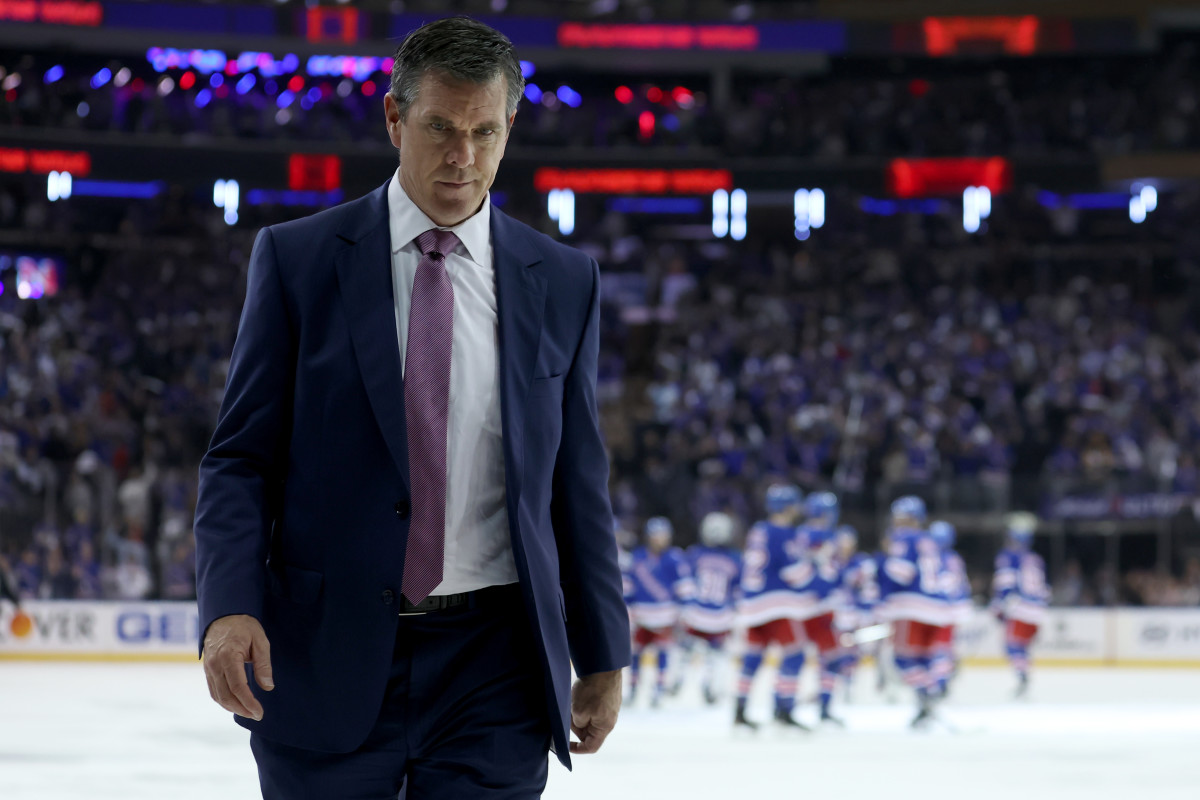
Breaking: Sullivan's Rangers Future Hangs in the Balance After Shocking Thursday Revelation
2025-05-01 23:33:17
